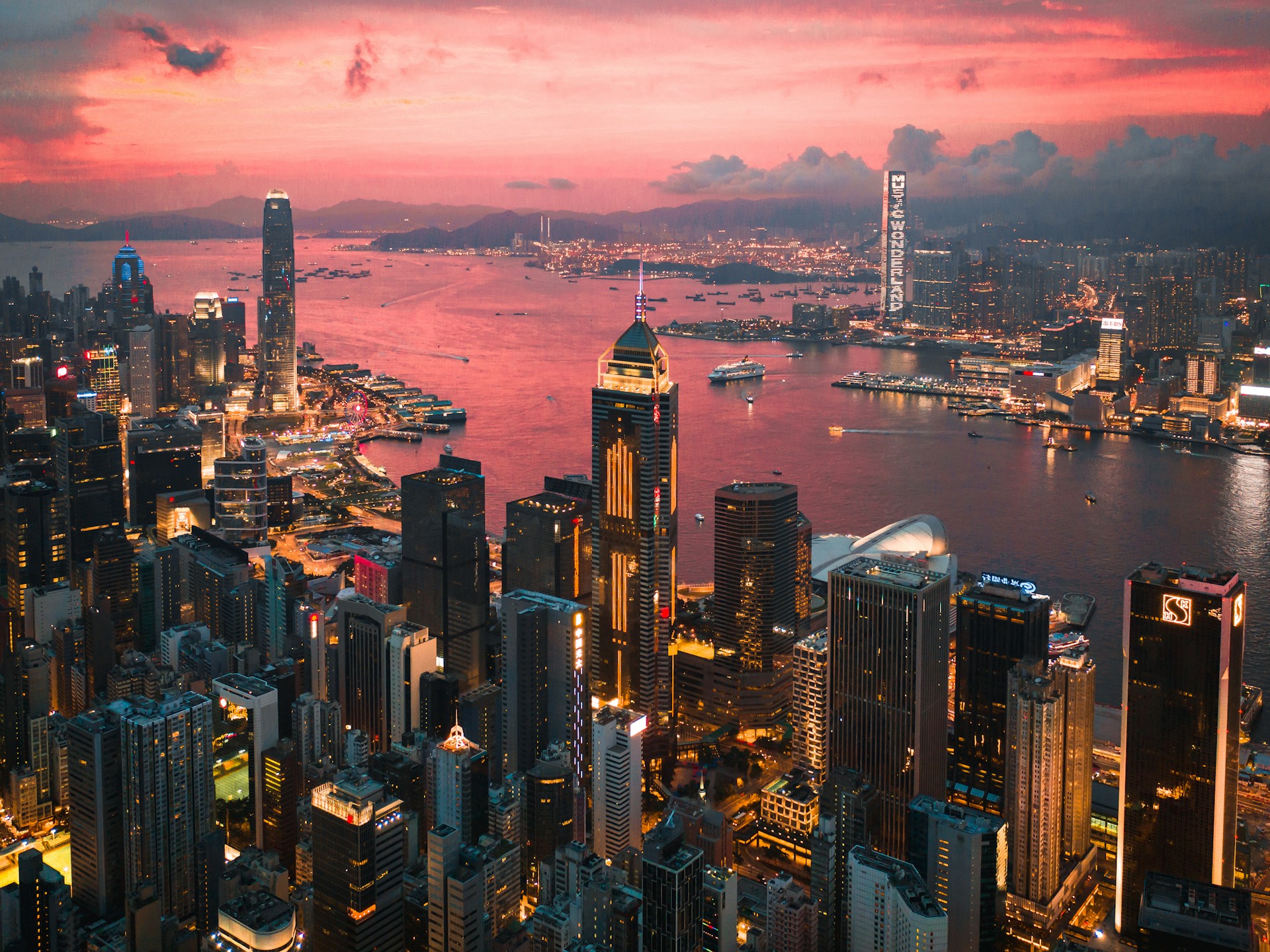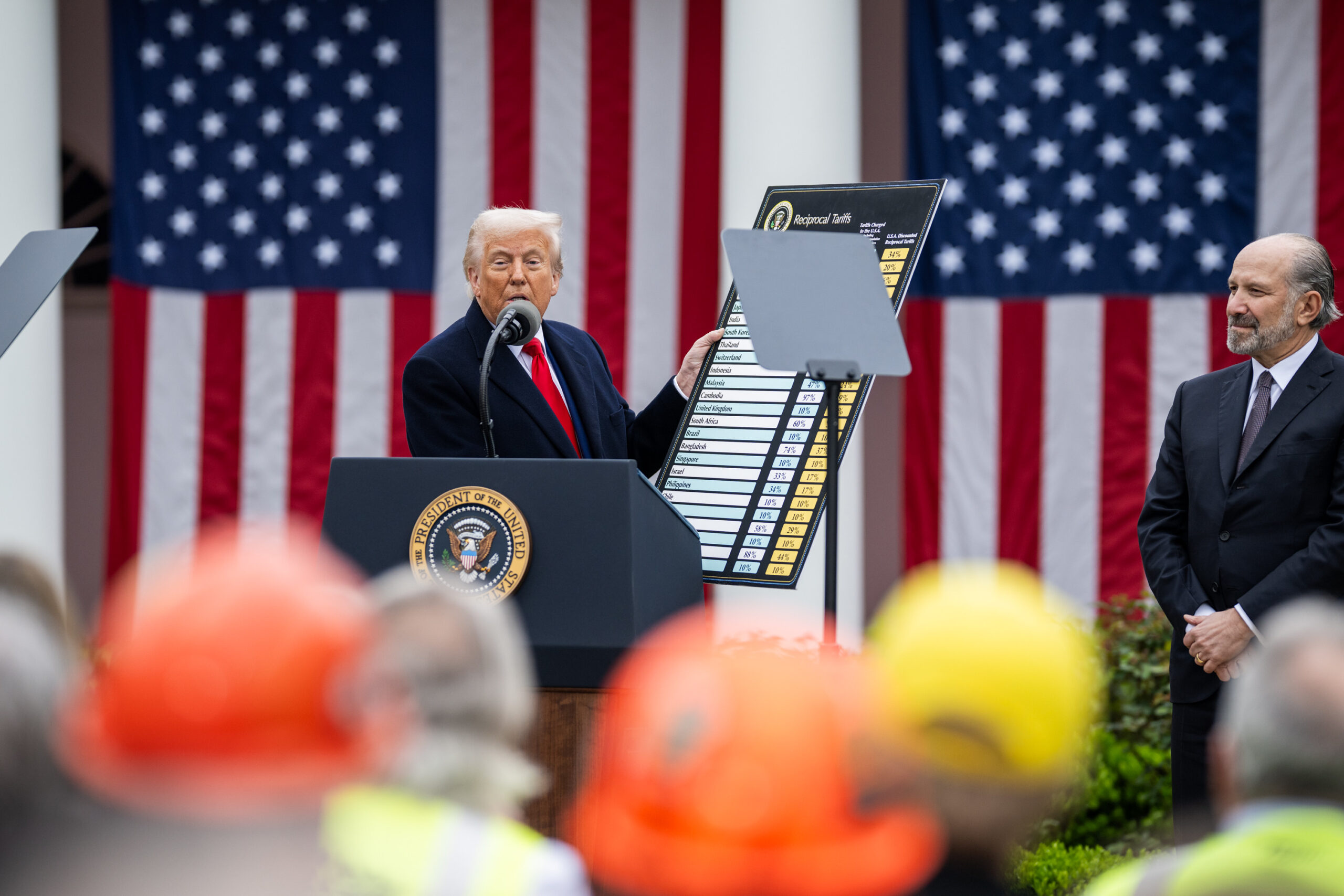End of the Empire is a once-monthly feature on all news relating to the transition from the unipolar world of the US Empire to a multipolar world.
A recent feature piece in The Diplomat chronicled how the United States’ insistence on using Hong Kong as an intelligence and propaganda center in China sparked a rhetorical struggle over the unique haven of Western capitalism on the shores of socialist China which is now resulting in a slow motion exit of Hong Kong from the geopolitical chessboard.
Its exit lands it squarely within the sphere of influence of the Chinese, which should have always been expected, being that the Chinese waited 100 years before recovering the island from the British, a time which saw the end of 4,000 years of imperial rule, the Second World War, a brutal civil war, the worst of global communism, famines, economic ruin, and several complete reconfigurations of government.
In the post-Cold War Period, writes Brian Fong at the National Sun Yat-sen University, Taiwan, Washington still perceived Hong Kong as a political show window to influence China.
“Hong Kong was no longer framed by the U.S. as a capitalist enclave vis-à-vis communist China as in the Cold War. Instead, it was highlighted by the United States as a lighthouse of democracy within China, especially after the 1989 protest movement ended with a crackdown in Tiananmen Square,” writes Fong in The Diplomat.
Beijing needed to see nothing more to determine that decades of allowing the West to maintain robust participation in Hong Kong society, including as Washington’s largest overseas intelligence apparatus, had to end, especially after Capitol Hill passed the 1992 Hong Kong Policy Act that unilaterally placed the United States in an oversight role of China’s recently-implemented “One Country, Two Systems” model of governance.
Following the passage of two national security overhauls in 2019 and again in 2024, major Western news outlets are moving their bureaus elsewhere. Pro-democracy NGOs, such as New School for Democracy, Amnesty International, and Global Innovation Hub have left fearing prosecution. Fong writes that 168 non-local companies have removed their regional headquarters in Hong Kong—with the US firms topping the list.
“This decision, made with a heavy heart, has been driven by Hong Kong’s national security law, which has made it effectively impossible for human rights organizations in Hong Kong to work freely and without fear of serious reprisals from the government,” said Anjhula Mya Singh Bais, chair of Amnesty’s board, in a Monday press release.
It seems the days of putting Western-style democracy in the shop window off the coast of China’s commercial centers are gone, though Fong warns it’s not too late, provided that robust standards of governance over things like regulations, civil litigation and contract enforcement, and capital reserves are maintained.
Elsewhere, Houthi’s vow not to target Russia or China
In a summary moment of just how weak and misguided the foreign interventionism under the Biden Administration has become, the Houthi faction which controls the majority of Yemen, and who has been striking merchant shipping in the Red Sea in protest of the genocide in Gaza, recently told Russian and Chinese diplomats that their nations’ ships will not be targeted and can sail through the Red Sea—one of the three or four major shipping chokepoints in the world, without worry.
In January’s edition of End of the Empire, WaL reported how little support the Pentagon managed to gather in their “coalition of the willing” to counter the Houthi attacks, acquiring the support of the UK, a token handful of naval officers, and zero ships from all other NATO partners.
A report in Bloomberg said that in exchange for the assurances, China and Russia may provide political support for the Houthi cause at the UN Security Council as they’re both permanent members and can veto resolutions. Both have also supported three separate resolutions at the UNSC backing an immediate ceasefire in Gaza, all three of which the US has vetoed.
Since the US started bombing inside Yemen, the Houthis expanded the scope of their targets to American and British commercial shipping. Previously, the Yemeni group said it was only targeting Israel-linked shipping.
Also as regards China, another report in The Diplomat showed that even if limited to humanitarian assistance, the reluctance of the Japanese people and government to insert their armed forces into anything that doesn’t involve the direct defense of the Japanese islands would be so great as to likely delay any action they might have in a hypothetical war over Taiwan until the point at which their entrance would make no difference.
Published by Zhuoran Li, a Ph.D. candidate in China studies and a research assistant at the School of Advanced International Studies (SAIS), Johns Hopkins University, the report cites a 2022 national survey that shows only 22.5% of Japanese respondents supported the Japanese Defense Forces (SDF) fighting side-by-side with the United States against the People’s Liberation Army in a Taiwan conflict, while 74.2% opposed it.
This is probably to be expected, and those ratios are similar to those found in some US polls, but only 48% of the Japanese respondents wanted to see the SDF performing a non-combat supporting role in such a conflict, and only half felt comfortable with the US using her bases on Okinawa for combat operations; half supported closing them down if they were going to be used in such a capacity even to the detriment of US-Japan security relations.
The public obviously has a strong pacifist streak, but lack of clarity, precedence, and contingency planning in the National Diet (parliament) Li points out, would hamstring most efforts if they were in fact organized against the support of the public. Li references the presence of the SDF in Iraq during the US invasion and occupation, where they performed non-combat operations and were not allowed to fire their weapons even if attacked, forcing other coalition forces to act as their bodyguards.
He also highlights a poll conducted among SDF members in the mid-2000s which reported any involvement of the SDF that might create casualty numbers as high as 100 would be unacceptable. Many members of the SDF signed up entirely to help people in disaster situations, Li adds, a fact which has commanding officers and civilian planners allegedly doubting a potentially unknown percentage of the total enlisted manpower’s willingness to fight at all.
Whether such attitudes have changed following the recent national security overhaul is unclear, but there is evidence to suggest that the pacifist streak in Japan runs deeper headlines about the national security crisis of the day, and that the most important strategic ally the US has in the region in the event of attempting to stop an invasion of Taiwan is actually a Potemkin soldier. WaL



